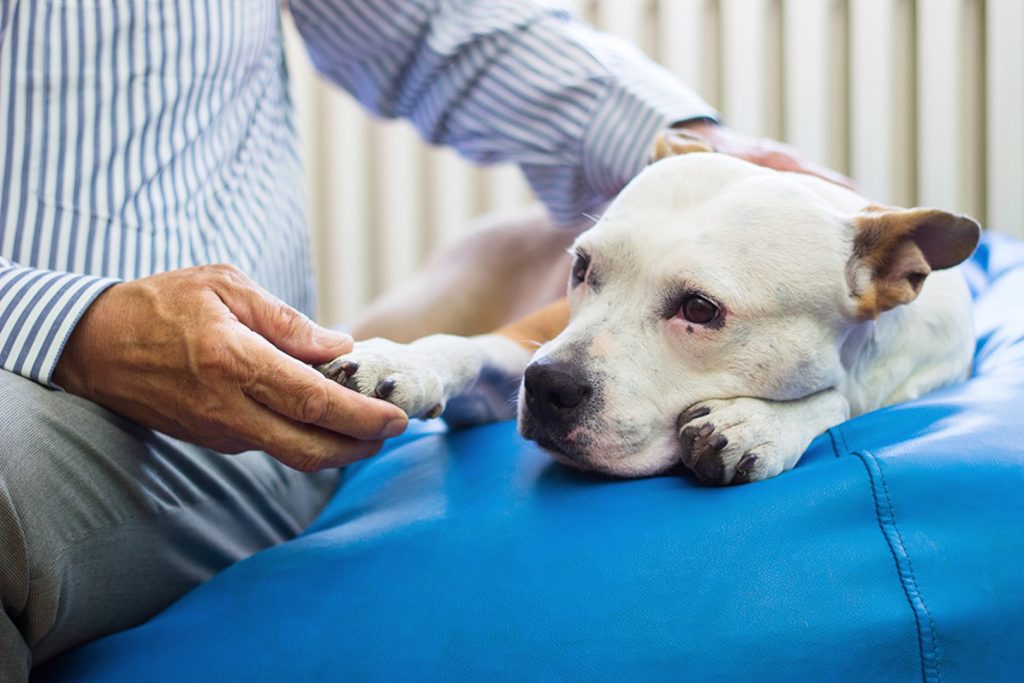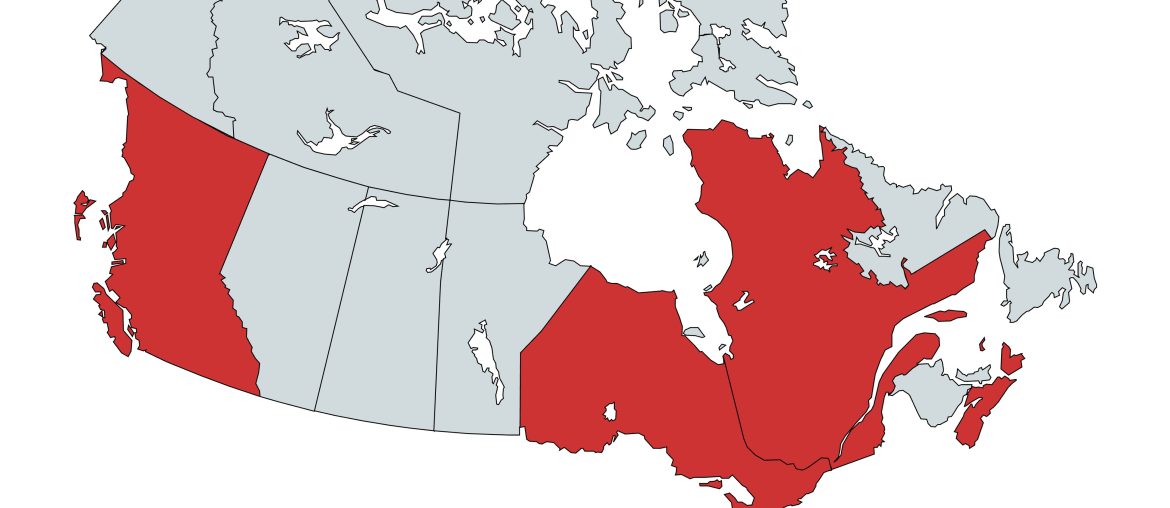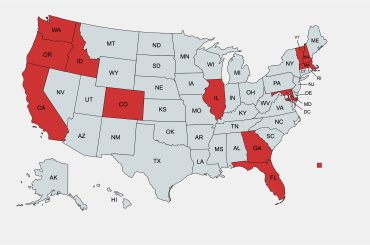A novel respiratory illness that has been circulating in the United States has now made its way into Canada, prompting concerns among dog owners. Veterinary experts are urging caution, but they also emphasize that there’s no need to keep your dogs indoors out of fear. Initial data based on dog-related respiratory illness claims suggests that the mysterious illness has made its way to four Canadian provinces – British Columbia, Ontario, Nova Scotia and Quebec.
Over the past few months, reports of this mysterious respiratory illness have emerged from more than a dozen states. Veterinary laboratories have been actively investigating the condition, which presents symptoms such as coughing, sneezing, nasal or eye discharge, and lethargy. In severe cases, some dogs have developed pneumonia within a mere 24 to 48 hours. The illness appears to resemble “kennel cough,” a highly contagious respiratory disease that leads to persistent coughing or gagging in dogs.
Scott Weese, an expert from the Ontario Veterinary College, has shared his perspective on the situation. He believes that, despite the concerns raised by various reports, the virus is likely part of the usual respiratory diseases that affect dogs periodically. Weese stated, “We typically see up and down respiratory disease in dogs. It’s like people; we see seasons when we see more people get colds and more people get the flu.” He suggests that, at this point, the virus doesn’t seem to be a “mystery virus” but rather a variation of the usual suspects, albeit occurring at a higher rate than usual.
Weese reassures dog owners that, in most cases, they can treat the illness like a human cold, with rest being the primary requirement for recovery. However, if a dog exhibits symptoms like a loss of appetite, nasal or eye discharge, or difficulty breathing, Weese recommends consulting a veterinarian, as it could indicate the onset of pneumonia, which can be dangerous for dogs.
Assessing the prevalence of the illness in Canada remains challenging, but Weese points to pet insurance claims for respiratory-related diseases as an indicator. Trupanion, a pet insurance provider, has reported year-over-year increases in claims, including 6.2% in British Columbia, 25.17% in Ontario, 32.68% in Nova Scotia, and 70.73% in Quebec. However, Weese suggests that the surge in cases might have sparked concern among veterinarians and dog owners or could be a result of heightened awareness.
He explains, “There are always dogs that have a respiratory disease; it’s always circulating around, but we’re paying more attention to it now.”
Weese advises against panic and encourages dog owners to focus on taking measures to protect their pets, such as ensuring they are up to date on vaccines.
Regarding the debate over whether dogs should visit dog parks or attend doggy daycare, Weese suggests that Canadians should weigh the cost-benefit ratio, especially as more businesses are calling employees back to the office.

What Happened So Far?
The mysterious dog illness initially spread across multiple states in the U.S. including Oregon, Colorado, and New Hampshire, and is now confirmed in 14 states. This illness, which has led to persistent respiratory problems and pneumonia in dogs, does not respond to antibiotics. Common symptoms include coughing, sneezing, nasal or eye discharge, and lethargy, with some severe cases of pneumonia progressing rapidly, causing dogs to become severely ill within a mere 24 to 36 hours.
Since mid-August, the Oregon Department of Agriculture has recorded over 200 cases of this mysterious disease in dogs. Pet owners are urged to promptly contact their veterinarians if their dogs show signs of illness, and state veterinarians have been instructed to report cases without delay. To investigate the root cause of these illnesses, the agency is collaborating with state researchers and the U.S. Department of Agriculture’s National Veterinary Services Laboratory.
Kurt Williams, the director of the Oregon Veterinary Diagnostic Laboratory at Oregon State University, disclosed that there have been dog fatalities associated with this illness. However, due to the lack of a clear definition of the disease and a reliable testing method, it is challenging to determine the exact number of deaths resulting from severe forms of the infection.
Williams offered a reassuring message to dog owners, advising them not to panic. He emphasized the importance of ensuring that pets are up to date on vaccines, particularly those that provide protection against various respiratory illnesses.
Veterinary laboratories nationwide have been collaborating and sharing their research findings in an effort to identify the source of this mysterious illness.
David Needle, a senior veterinary pathologist at the University of New Hampshire’s New Hampshire Veterinary Diagnostic Laboratory, has been investigating this enigmatic disease for nearly a year. His laboratory, in conjunction with colleagues at the university’s Hubbard Center for Genome Research, has been analyzing samples from dogs in several states, including Rhode Island, New Hampshire, and Massachusetts. More samples are expected from Oregon, Colorado, and potentially other states.
Needle noted that while his team has not observed a significant increase in dog fatalities due to the illness, he still encouraged pet owners to minimize their dogs’ contact with other canines as a precautionary measure.
Wrapping Up
To protect your dog from the mysterious respiratory illness spreading in Canada and the U.S., you should try to minimize their contact with other dogs. This includes avoiding dog parks, doggy daycare, and grooming shops. Use individual walkers or sitters, ensure your dog is fully vaccinated (especially against kennel cough), and maintain their general health with a good diet. If your dog shows respiratory issues, contact your vet and isolate them from other animals.
The illness, which resembles pneumonia, has spread to at least 14 states and is treated symptomatically, including oxygen therapy, nebulizers, antibiotics for secondary infections, and ensuring adequate nutrition and hydration.
If you suspect that your dog is exhibiting symptoms, call your local vet and seek consultation early.






